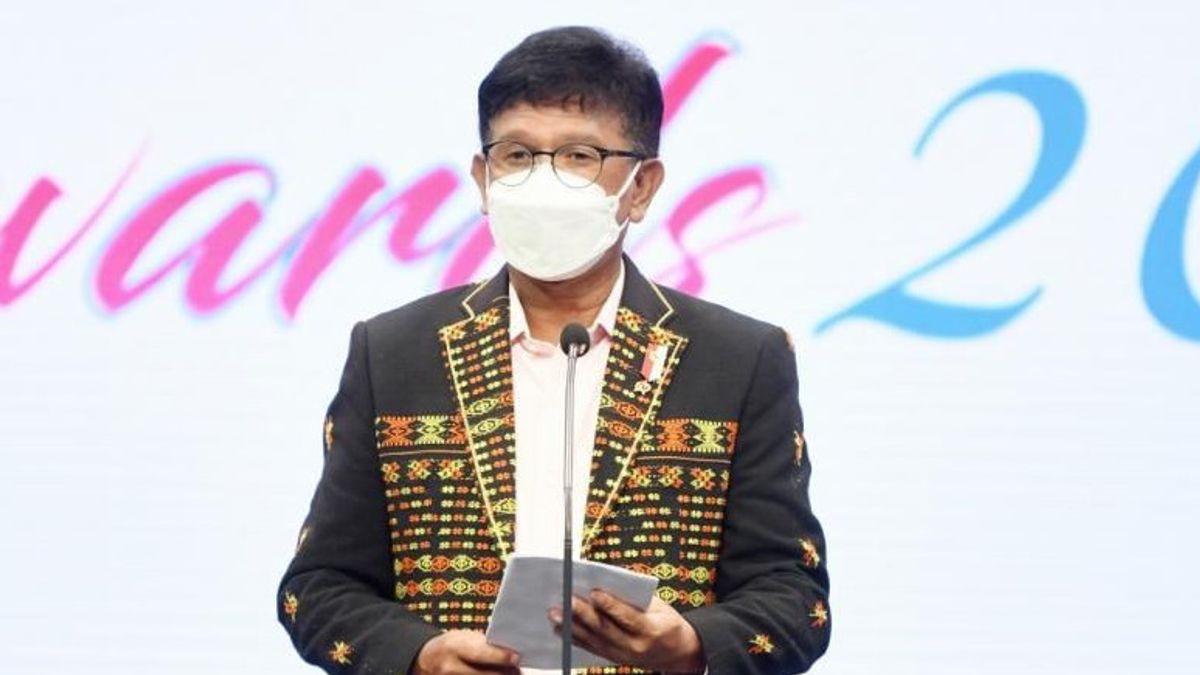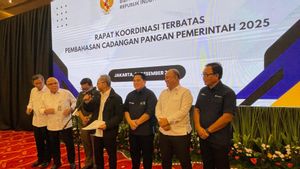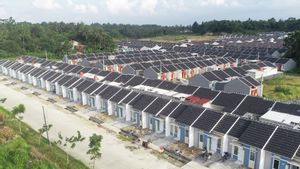JAKARTA - The Minister of Communication and Information (Menkominfo) Johnny G. Plate encourages the improvement of the quality of human resources (HR) in the digital sector in order to maximize the benefits of adopting technology that creates several new types of jobs.
"It is projected that there will be 85 million old jobs that may be lost and 97 million new jobs that may appear, this is due to the division of labor between humans, machines and algorithms. This demands an increase in digital skills and soft skills," he said in his press statement, Saturday.
Based on a report from "The Future of Jobs" from the World Economic Forum, in 2025 as many as 43 percent of industry players are reducing or reducing the number of workers as a consequence of implementing technology integration.
According to Johnny, improving digital skills and soft skills in line with technological developments for the workforce, especially the younger generation of Indonesia, can be done through upskilling and reskilling.
"New types of jobs that are emerging and increasing in demand include data analysts and scientists, big data specialists, artificial intelligence and machine learning specialists, digital marketing and strategy specialists," he explained.
According to the Minister of Communication and Information, there are also several other types of work that will develop such as renewable energy engineers, process automation specialists, internet of things specialists, digital transformation specialists, business services and administration managers; and business development professionals.
He emphasized that the Government will continue to encourage the private sector or private companies in Indonesia from various fields to be able to fulfill human resource needs in accordance with future needs.
According to him, the government under the leadership of President Joko Widodo for the 2019-2024 period has five important points, one of which is the development of human resources.
"Besides developing human resources, the Government is also accelerating and continuing infrastructure development, inviting the widest possible investment to create jobs, bureaucratic reform, and a focused state budget apart from the current COVID-19," he said.
Johnny stated that amid demands for improving the quality of human resources and talent management, the focus of human resource development is also directed at increasing the nation's competitiveness.
He assessed that Indonesia is capable of becoming a great nation by developing human resources capabilities that are tailored to the needs of the industry in the digital era.
"Specifically, in improving superior human resources, the Government continues to strengthen investment in the education sector, among others through the expansion of scholarship programs, adoption of information and communication technology, cultural promotion, strengthening of world-class universities, as well as research and innovation development," he explained.
In addition, the supporting infrastructure in the digital era is also accelerated so that it maximally supports superior and advanced human resources.
“Infrastructure development including digital infrastructure will only be optimal if it is supported by the capacity of Indonesian human resources who are also superior and competitive. Because of the rapid progress and digital disruption that requires all of us to continue to be adaptive and agile, to change direction quickly," said Johnny G. Plate.
The English, Chinese, Japanese, Arabic, and French versions are automatically generated by the AI. So there may still be inaccuracies in translating, please always see Indonesian as our main language. (system supported by DigitalSiber.id)













